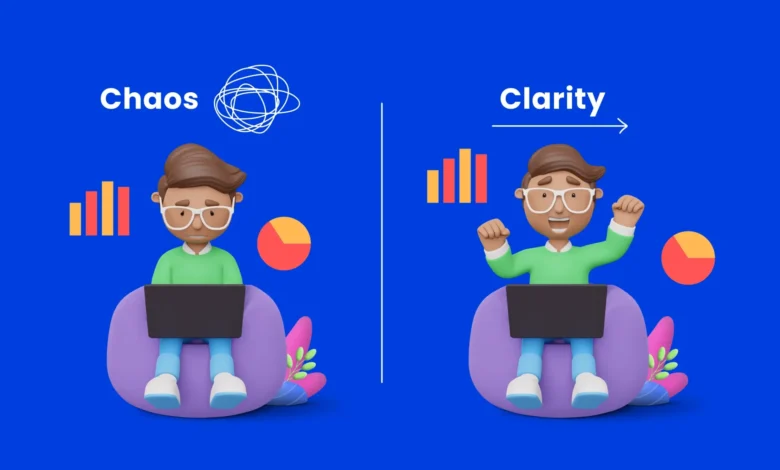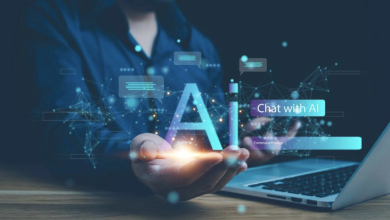
The healthcare industry is always evolving, with emerging technologies reinventing workflows. Artificial intelligence is one such innovation that has greatly influenced the process of medical record reviews. The AI associated with this application is designed to convert tons of data into structured, actionable information. With this transition, visualization in the health field has anything but promise to expand the utilization of the health delivery structures, expand the nature of patient consideration, and decrease the regulatory burden.
Medical Records Can Be Difficult
Patient history, treatments, and outcomes are all often contained in patient records, making it critical for patient care. The point is that these records tend to be very unstructured and hence nearly impossible to work with. The false positives of data are so large that they can overwhelm doctors and other health professionals, reducing efficiency and increasing error. This is where medical chart review services become essential, as they help streamline structured data, minimize errors, and ensure better clinical decisions. Thus, it shows that an appropriate method is needed to process this data.
AI to the Rescue of All Bad Organizers
AI has tremendous potential to clear the data mess in medical records. Machine learning algorithms allow AI to analyze and process huge amounts of data in no time. It enables the extraction of the necessary data so that healthcare providers know where they can access important information whenever they need it. AI thus reduces mistakes, increases precision, and makes it easier for us to make decisions.
Enhancing Patient Care
AI allows healthcare professionals to make more knowledgeable decisions by supplying accurate, timely information. This organizes the data and enables a personalized treatment plan for every case based on the patient’s needs. In addition to this, AI can also discover patterns that can help identify health problems even before they happen, meaning preventative solutions can be administered, which improves patient outcomes.
Streamlining Administrative Tasks
AI is not limited to patient care; it also provides services to deal with administrative headaches in healthcare. One of the significant benefits of automation is that it can take the load off the medical staff and automate many of the regular tasks, like record-keeping and data entry. This helps minimize the time healthcare professionals spend on unnecessary tasks, allowing them to focus much more on patient care and making the medical facility much more efficient.
Data Security and Privacy
Even though AI has many advantages, its use makes us anxious about the safety and privacy of our data. Confidentiality is one of the biggest priorities in healthcare. From a security perspective, violating data confidentiality by AI systems should go without saying, and hence, AI systems must adhere to strong security protocols (not only protection in terms of access control). However, strong encryption and restricted access will protect patients unless healthcare providers use AI to harness these benefits.
Overcoming Implementation Challenges
There are several obstacles to overcome, but it all begins with quality data. Accurate and consistent information is essential for the proper functioning of AI systems. To truly benefit from AI, your data must always be clean, reliable, and up-to-date.
It is also important to train health staff to practice AI tools. Comprehensive training and support allow professionals to take full advantage of AI capabilities without feeling burdened by the addition of new technology.
The Future of Healthcare AI
The use of artificial intelligence in reviewing medical records will likely grow as AI continues to grow in this field. In the coming years, more advanced algorithms could accurately predict patient outcomes. Such enhancements can improve healthcare technology by providing more accurate diagnoses and customized treatment plans.
Conclusion
Artificial intelligence is reshaping the review process of medical records, from a noisy and chaotic experience to one that is clarity-driven. AI improves patient care, streamlines administrative tasks, and solves security issues by efficiently organizing and analyzing data. While challenges abound, the promise of AI for the healthcare sector is a real one. This push towards AI in processing and studying medical records will likely become a permanent part of the landscape as technology evolves, and patients and providers can benefit from it.




